Students and staff at P.E.A.S.E. Academy in Dinkytown are working to prepare and support students’ sobriety as they deal with challenges the holiday season can pose to addiction recovery.
P.E.A.S.E. Academy, which stands for Peers Enjoying A Sober Education, opened its doors in 1989 as a Minnesota Transitions Charter School. Sharing a building with the University Lutheran Church of Hope, P.E.A.S.E. welcomes high school students from around the country to continue their education in a community of sober peers and supportive staff members.
One of those staff members is Michael Durchslag, who has been with P.E.A.S.E. since 1995, worked as a social studies teacher for 11 years and then served two stints as an interim director before becoming director in 2006.
Durchslag said the ultimate role P.E.A.S.E. plays in students’ recovery is two-fold: to provide “a safe, sober education” and “an opportunity for students to stay engaged in the recovery.”
For some families, Durchslag said, P.E.A.S.E. is simply what keeps their child with them.
“We just had a parent who was just like, ‘Mike, the academics are really important, but we just want our daughter to be alive,’ and that might sound extreme, but for a lot of our families, it is that,” Durchslag said. “It’s that place where students are able to stay alive and thrive.”
The Minnesota Daily spoke to two P.E.A.S.E. students and will only use their first names to protect the students’ privacy.
Ruby, a senior at P.E.A.S.E., started using drugs at 11 years old, when she tried OxyContin for the first time. After years of hiding her addiction from friends and family, at 15, Ruby began moving sporadically between treatment facilities and group homes.
In March, Ruby said, it was two overdoses after taking Percocet pills laced with xylazine — a horse tranquilizer drug often fatal when combined with opioids — that sent Ruby to Hazelden Betty Ford, a treatment center in Plymouth, Minnesota and ultimately brought her to P.E.A.S.E. in May of this year.
“During the SSATs, there’s two sections but you have a 15-minute break in between, so during the 15-minute break, I did more of the heroin,” Ruby said. “All I remember is I went to sit back down at the table to do the SSATs and the next thing I remember the paramedics were over me again.”
Lucy, another senior at P.E.A.S.E., tried marijuana for the first time at 11 years old, wanting to be like her older sister who was also using. She started using more heavily in middle school, encouraged by finding others her age also interested in using.
By her sophomore year of high school, Lucy was addicted to alcohol and OxyContin. She said a mental health crisis in October of last year is what pushed her to ask for help.
“Last October, I just lost it. I knew I was getting to the point again where I really wanted to take my own life and I kind of was at that point of desperation where I was like, there is nothing, I feel like I’m done,” Lucy said. “Drugs have taken away everything from me, they’re honestly the only friend I have.”
P.E.A.S.E. and Hazelden, they’re really the only reason why I’ve been able to have consistent sobriety.
— Ruby
Before attending P.E.A.S.E. and after going to the Hazelden treatment center, Lucy tried to return to her former high school, but she said the familiar environment posed a challenge to her sobriety and inhibited her understanding of her sober self.
“When you’re sober, going back to all those places that you used to use at, seeing all the people you used to use with … and no one really wanted to hang out with me because they only saw my using self,” Lucy said. “They thought I was that person because I hadn’t really been a sober, nice person since I was in middle school, so I didn’t even really know who I was either.”
Initially resistant to being at P.E.A.S.E., Ruby said the school’s community and stabilizing environment are essential to her staying sober.
“P.E.A.S.E. and Hazelden, they’re really the only reason why I’ve been able to have consistent sobriety,” Ruby said. “You want to be sober when you’re around people your age in recovery who also want to be sober.”
Lucy said what differentiated P.E.A.S.E. from any other school or treatment center she had been to was the openness of dialogue and student-to-teacher relationships.
“The first thing that jumped out to me at P.E.A.S.E., like I’d never been to a school that honestly was just so transparent,” Lucy said. “Building those types of connections with teachers, like actual relationships instead of them being your teachers, was a whole new world for me.”
Rufus Brown, the licensed alcohol and drug counselor at P.E.A.S.E., is the students’ point person for dealing with cravings, old using connections, urges to use and their overall emotional well-being. Brown said forming a trusted, transparent relationship between himself and students starts with a rapport.
“In [simple] kinds of conversations about their favorite shows, movies they’ve seen recently or these new little techy apps and stuff they’re trying to teach me,” Brown said. “When we have a connection and rapport, it makes it easier for them to come down [to me] with big-ticket items.”
Despite the supportive and productive environment, P.E.A.S.E. provides students, the holiday season can still pose a challenge to their sobriety.
Eugene Hall, a resident faculty member in the Master of Professional Studies in Addictions Counseling programs at the University of Minnesota, said returning to triggering family systems is a major challenge recovering addicts face during the holiday season.
“What happens is with the holidays, we’re spending all this time side by side, and for people, they just can’t catch a breath,” Hall said. “Knowing that for people who are working on their sobriety, needing the space and feeling okay doing so and taking a breath when need be.”
This idea rings true for both Ruby and Lucy. Ruby said last year, Thanksgiving was particularly traumatizing, so going home this year brought a lot of those memories flooding back.
It’s that place where students are able to stay alive and thrive.
— Michael Durchslag
“I got home and it was just so overwhelming. I was so triggered, everything was a trigger to me,” Ruby said. “I couldn’t sleep in my room. I literally had to tell my mom, ‘If you let me out of your sights, I don’t know what will happen.’”
Being able to express her concerns for her well-being to her mom is evidence of the growth she’s made in her sobriety and with P.E.A.S.E., Ruby said.
“Something that sobriety gave me is the ability to be honest and be like, ‘Hey mom, I’m struggling a lot right now, I need you to hold me accountable,’” Ruby said. “Being able to say that to my mother is something that I never thought I’d be able to.”
Lucy also said the holidays are difficult because the celebrations mean being surrounded by substance use, specifically alcohol. Lucy said to prepare for the holidays, she is focusing on setting boundaries to protect her sobriety.
“This is my second Thanksgiving and Christmas and New Year’s sober,” Lucy said. “It’s hard because I can’t control what other people do, but it’s my responsibility to control myself and control my responses and reactions.”
According to Durchslag, P.E.A.S.E. works with students before and during the holidays to create an individual plan for maintaining sobriety confidently.
“Before we go into winter break, they’ll work with their peer support teams, which is kind of our homeroom and they will be intentional over those two weeks with a calendar, here’s different events, here are different meetings and really be intentional what they’re gonna do every single day that engages them in their recovery,” Durchslag said.
Brown says the keys to setting students up to best handle their holiday break is by addressing potential issues directly and creating a plan to navigate overwhelming situations.
“What do I need to be prepared for? What should I anticipate? And then what are going to be my coping skills? Do I have a loving and caring aunt who’s also in recovery that I could kind of shift to and will go for a walk,” Brown said. “If you can talk about it ahead of time, just openly acknowledge this could be a little bit uncomfortable, but I can handle it.”
Come what may of the holidays, students know they can return to the stable and supportive community at P.E.A.S.E.
Lucy said even through the frustration, anger and adversities of maintaining sobriety, she is confident that she and her fellow students at P.E.A.S.E. will take care of each other in the end.
“No matter what happens in the long run, you only wanna help [another student],” Lucy said. “If someone lashes out at me or isn’t respecting my boundaries I’ll be like, ‘Hey, stop,’ but then I’ll go to our counselor and be like, ‘I think this person needs help,’ and honestly I think anyone would do that for me too.”
Giving students the tools and community they need to productively engage in their sobriety is what P.E.A.S.E. aims to do during school, but especially over holiday breaks when students are confronted with situations that may test their sobriety, according to Durchslag.
Brown said this encompassing support is the hallmark of the P.E.A.S.E. environment, setting it apart from other schools.
“What’s really different for us from other schools is we are in the life-saving business,” Brown said.



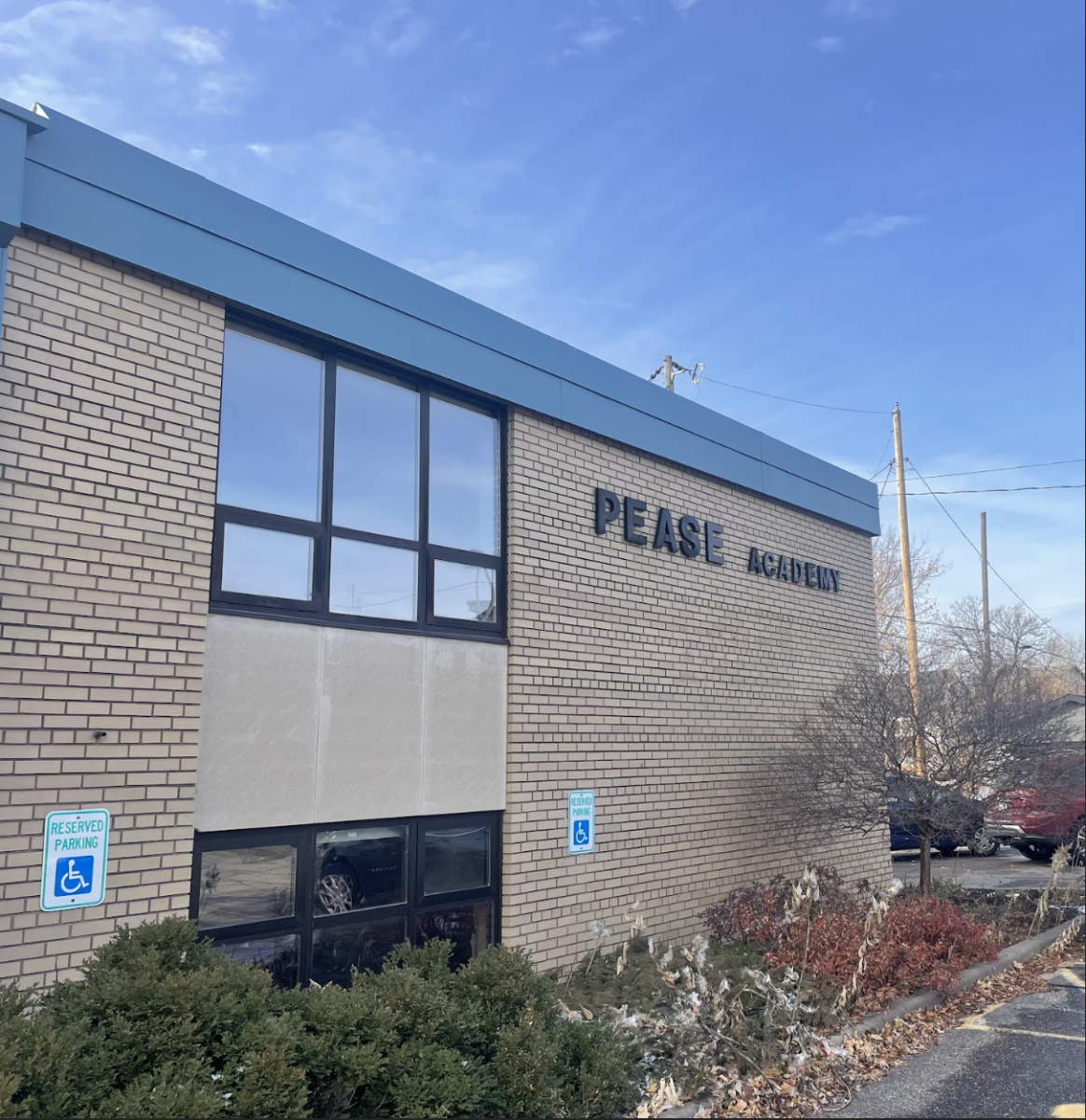





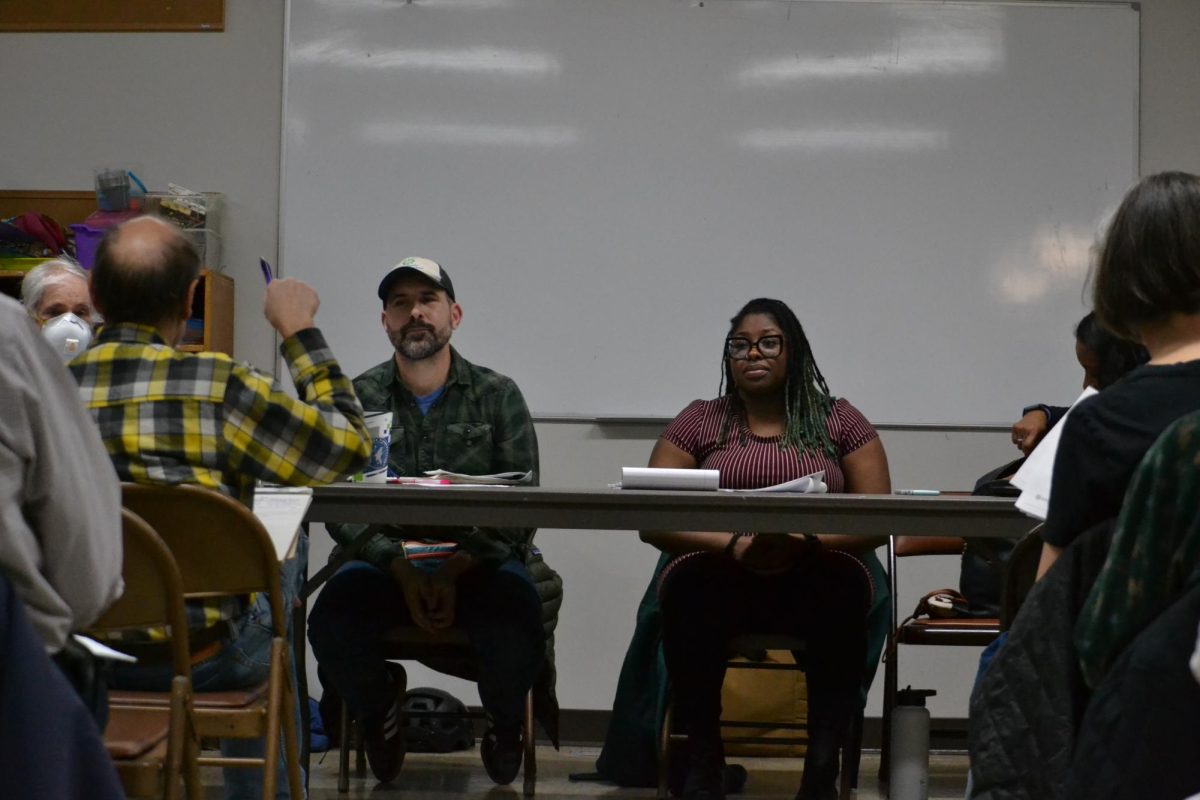






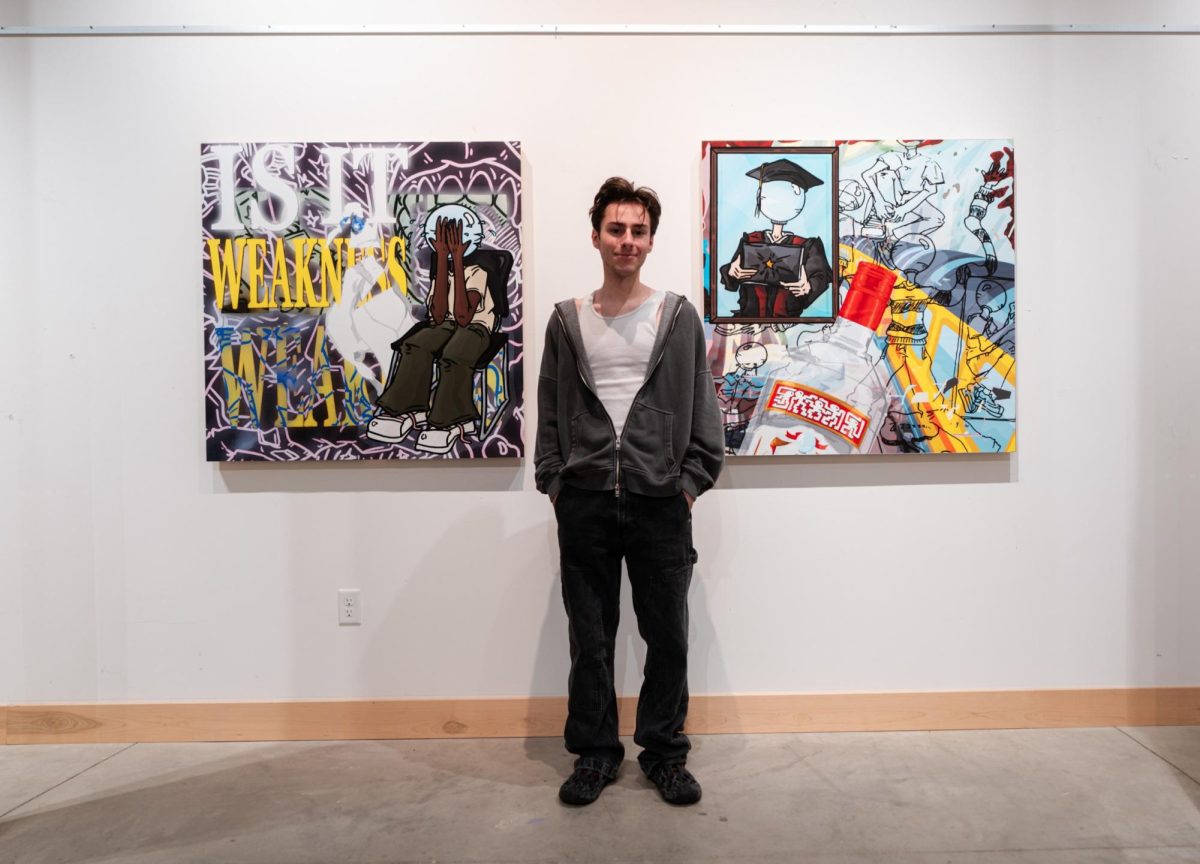
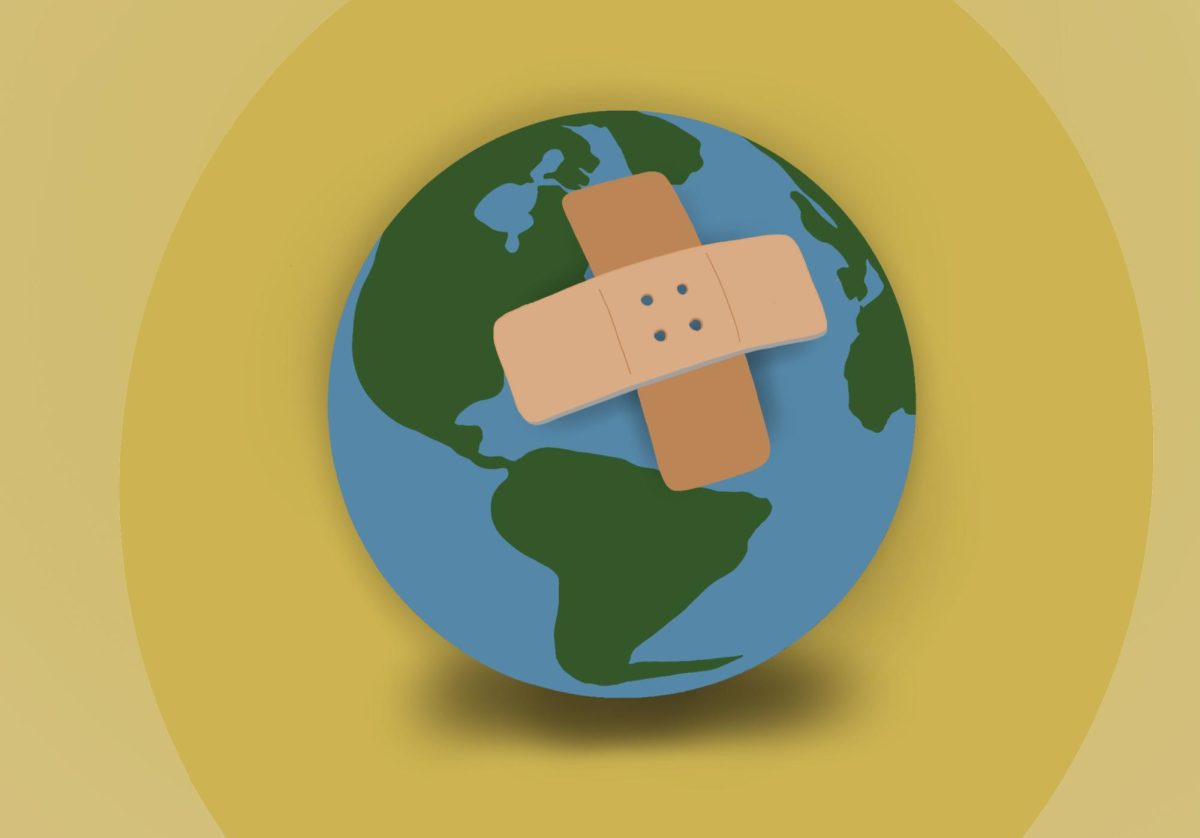
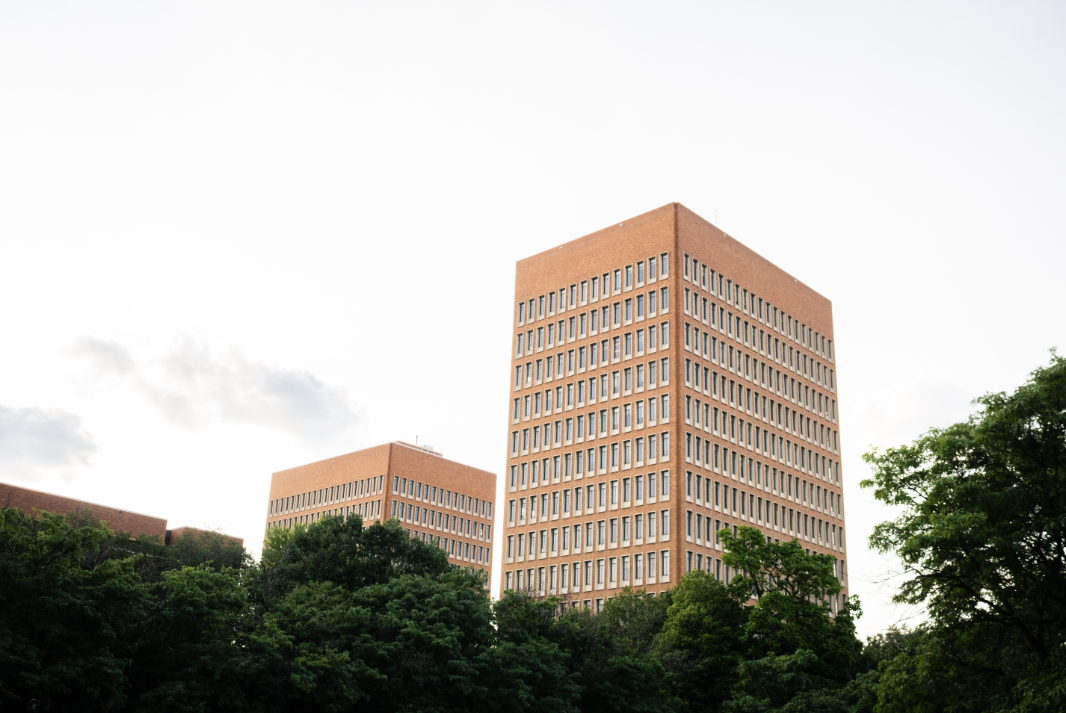
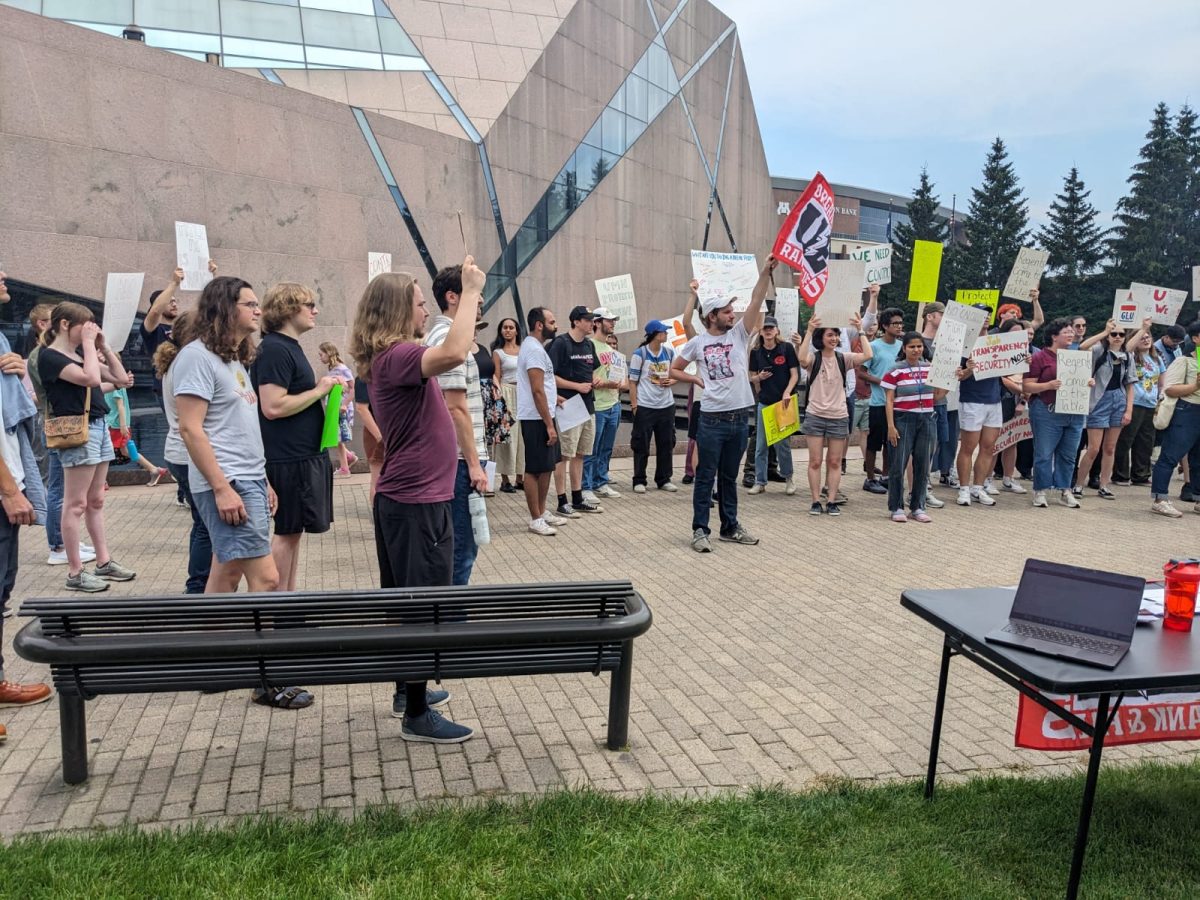

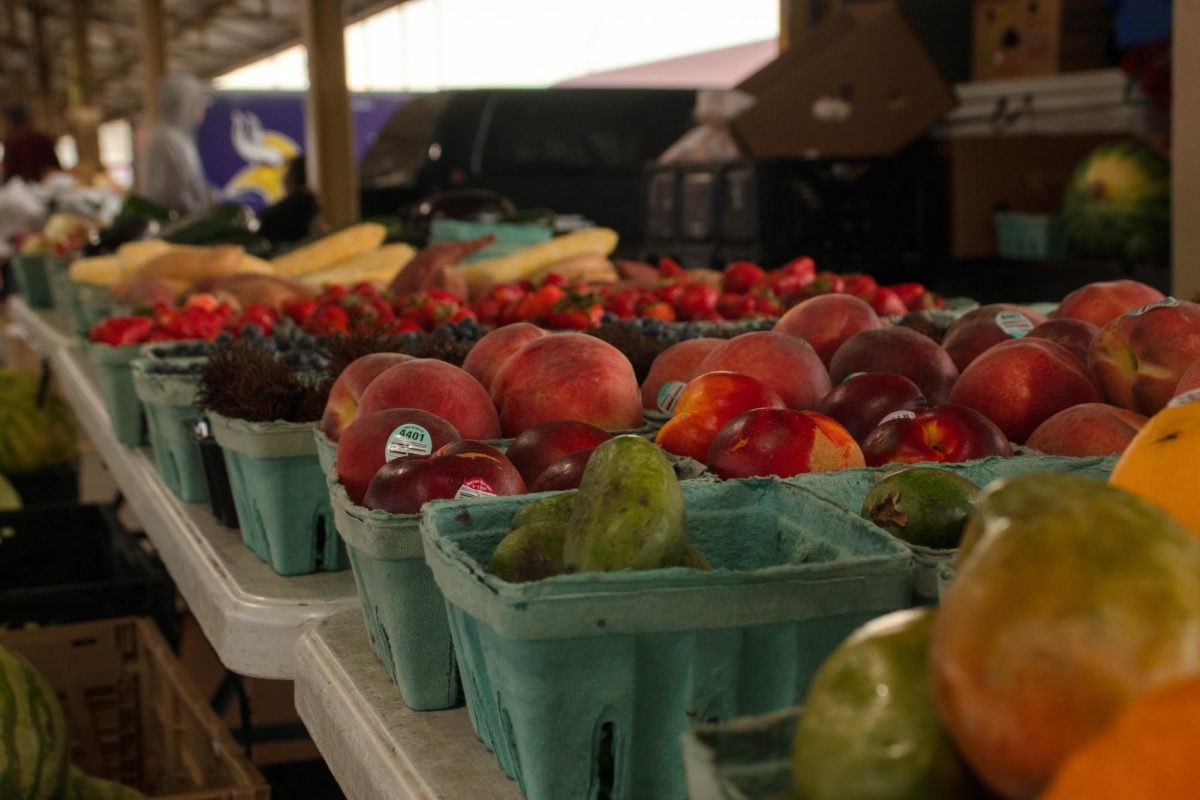

Jerry Leinberger
Dec 12, 2023 at 8:37 am
Very inciteful. An excellent article.